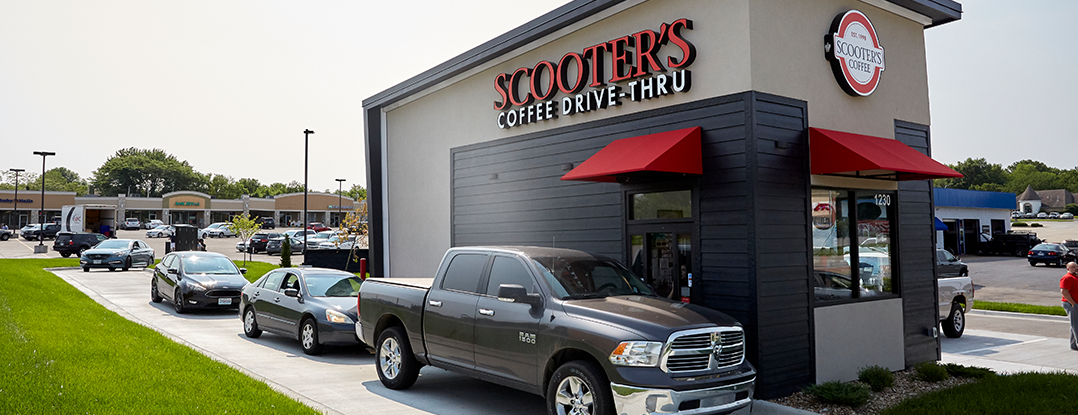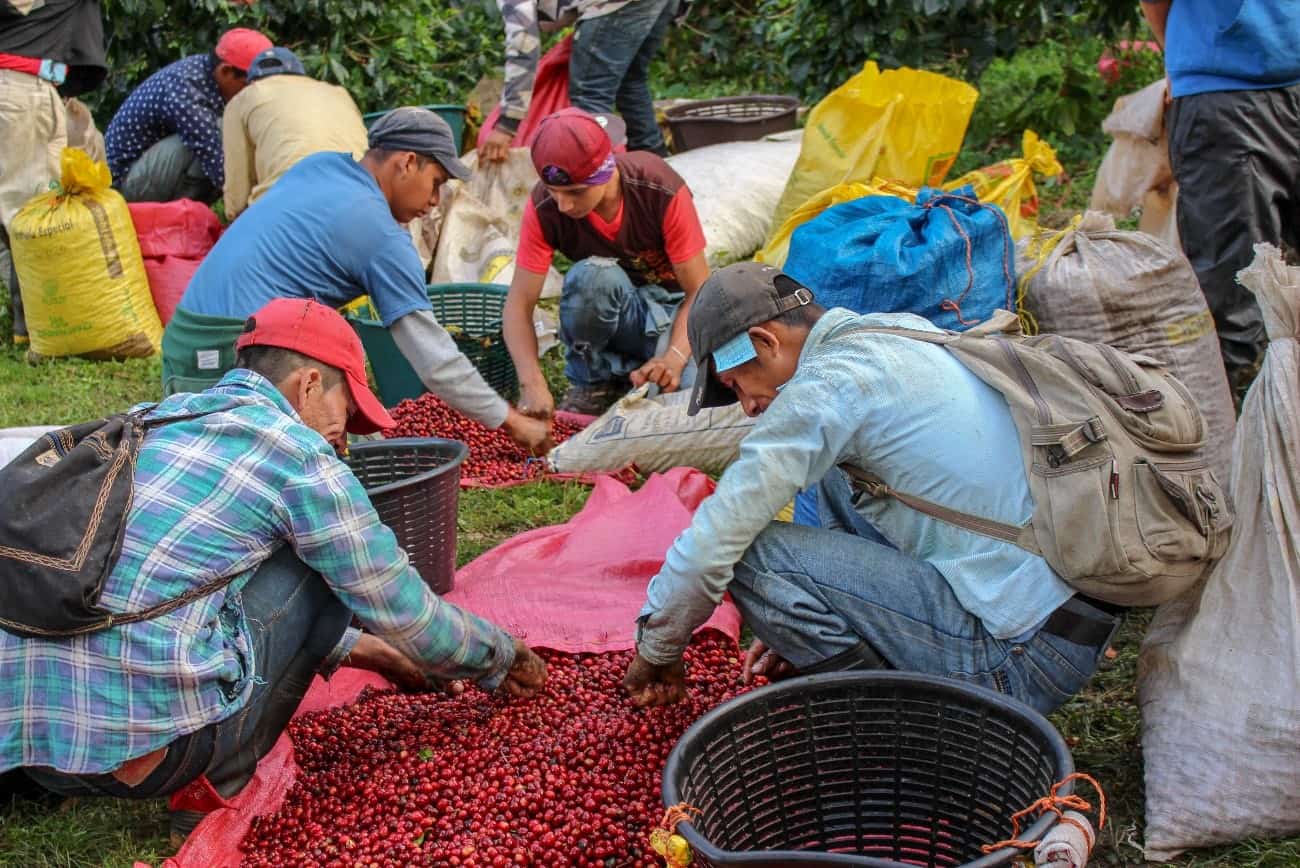

It seems like every brand wants to talk about corporate social responsibility these days. Brands want to put on a good face and say the right things for positive publicity. The catch is that words don’t mean much without the actions to back them up.
That’s why some brands are taking things a step further. These companies understand that corporate social responsibility is more than talking the talk. It means walking the walk, too. Scooter’s Coffee® is going above and beyond for its community, both at home and abroad. Discover what Scooter’s Coffee is doing and how corporate responsibility starts from the ground up.
For Scooter’s Coffee, corporate social responsibility begins at the source, literally! The popular drive-thru coffee franchise works directly with farmers to provide them with the support they need to flourish. It’s called relationship coffee, and it’s changing the way customers look at coffee from the beans to the brew.
Bill Black is Chief Marketing Officer of Scooter’s Coffee. He says relationship coffee and corporate social responsibility are a natural fit with the brand’s core values of integrity, love, humility, and courage.
“In a nutshell, relationship coffee is about building relationships directly with farmers,” Black says. “The coffee farmers are very passionate about their way of life and their coffee, and they espouse all of our core values.”
Black explains that the journey from farm to market for coffee beans often involves unnecessary steps that cut into the already tight profit margins for farmers. Due to these additional expenses, farmers often lose money on the production of their coffee. This creates difficulties in the farmer’s ability to sustain a living wage and way of life.
“We stepped back and said, ‘There has to be a better way,’” he says. “In relationship coffee, we cut out a lot of those middlemen, and we go straight to the coffee farmer or representative and build relationships with them directly and buy from them directly.”
A key way in which Scooter’s Coffee supports its farmers is through micro mill coffee. Micro mill farms keep the milling and production of coffee within the farms themselves. This method requires fewer hands in the production process, further reducing costs for farmers.
“The micro mill revolution really started with a group of coffee farmers who were trying to find a better way than going through the co-ops and the commodity market,” says Black. “They were trying to find a way they could keep more of their income, instead of giving it away to the government or to middlemen.”
Scooter’s Coffee prides itself on always paying farmers a fair price for their beans to ensure a greater profit for the farmers and their communities.
“We pay a premium for the coffee beans so that they make more than it costs them to produce,” Black says. “This way, they can continue to invest in their business and their coffee farms so it can continue to be a part of their way of life for generations to come.”
Beyond ensuring corporate social responsibility at where your product begins, it’s just as important to continue that support where the product ends its journey. For franchises, that means considering your own small-business impact on the community and finding the way that works best for you.
“I think what corporate responsibility means to me, and means to us, is that we’re good corporate citizens and we’re giving back,” says Black. “We’ve been blessed with a healthy business and those that are blessed need to return some of that blessing.”
Black explains how the franchise system enables Scooter’s Coffee to support vital programs across the country that help both their communities and causes that are important to them.
“We have franchisees throughout the country who are extremely involved in their local communities and giveback programs,” he says. “One of our largest franchises is very active in helping support human trafficking initiatives and bringing education to people about that and human exploitation.”
“We have other franchisees that are very involved locally through local food banks, cancer programs, and research programs,” Black continues. “Almost every franchisee in our organization is active in some kind of giveback program in their local community. We encourage that and provide resources for them to do that.”
Scooter’s Coffee is expanding rapidly across the country, with more than 270 stores currently open and expectations to open 40 more before the end of 2020. Black says the greatest challenge for Scooter’s Coffee going forward will be the education of new franchisees as they keep up with the rapid pace of the brand’s growth.
“I hope that we continue to keep it embedded in our DNA, and grow the knowledge and coffee knowledge,” he says. “As new franchisees come on board, the biggest challenge is making sure our new stores and employees are ramped-up with relationship coffee.”
Ultimately, Black points out that the approach by Scooter’s Coffee toward corporate social responsibility and relationship coffee stems from the company’s core values.
“I think it comes back to the core value of love,” he says. “First of all, what company puts love in their core values? We do. Love encompasses a whole lot, and with relationship coffee, it’s just that. If you don’t have love in your DNA, then it’s hard to build a relationship.”
Learn more about how you can become part of a company where corporate social responsibility is not another buzzword. In keeping with its core values of integrity, love, humility, and courage, Scooter’s Coffee continues to set the bar for corporate responsibility in the coffee industry.
Find out how to start your own Scooter’s Coffee franchise today and make a difference not only in your local community but also in communities across the world.